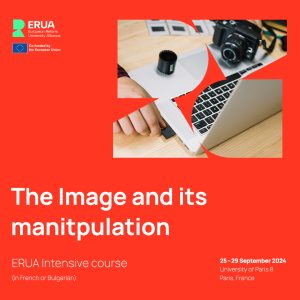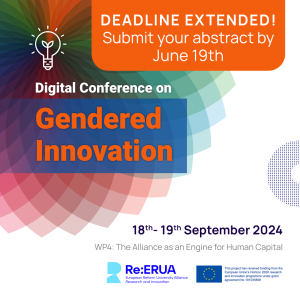Organizational unit: Centre for Transferable Resources
Course type: Hybrid course
Diversity and inclusion are becoming increasingly important to both individuals and organizations today. This seminar will focus on diversity and inclusion, mainly in the academic context. We will be discussing questions such as how diverse, equitable, and inclusive is academia today? What biases and diversity dimensions exist? Why should we care about improving as individuals and organizations? How can we go about implementing change?
Each seminar day will consist of a series of topics (e.g., gender diversity, accessibility, etc.), discussed in blocks of approximately 90 minutes each. For each block, 1-3 students (depending on class size) will present the block’s readings with a PowerPoint (approx. 20 minutes) and lead the class discussion of said literature, including both small group discussions (25-30 minutes) and full group discussions (25-30 minutes).
Students are encouraged to plan an activity, set tasks, or pose concrete questions for the small group discussions, the results of which can be presented and discussed further in the full group discussion.
Form of examination: Presentation and short final paper
Course coordinators: Ms Marie-Claire Kabengele
To receive the credits for this course, in addition to attendance and active participation, participants will prepare a presentation (approximately 20 minutes) and a group discussion on a course-relevant topic. Furthermore, you will be expected to hand in a short final paper (2-3 pages) reflecting on the contents of the class.
Duration: 13-15 May





